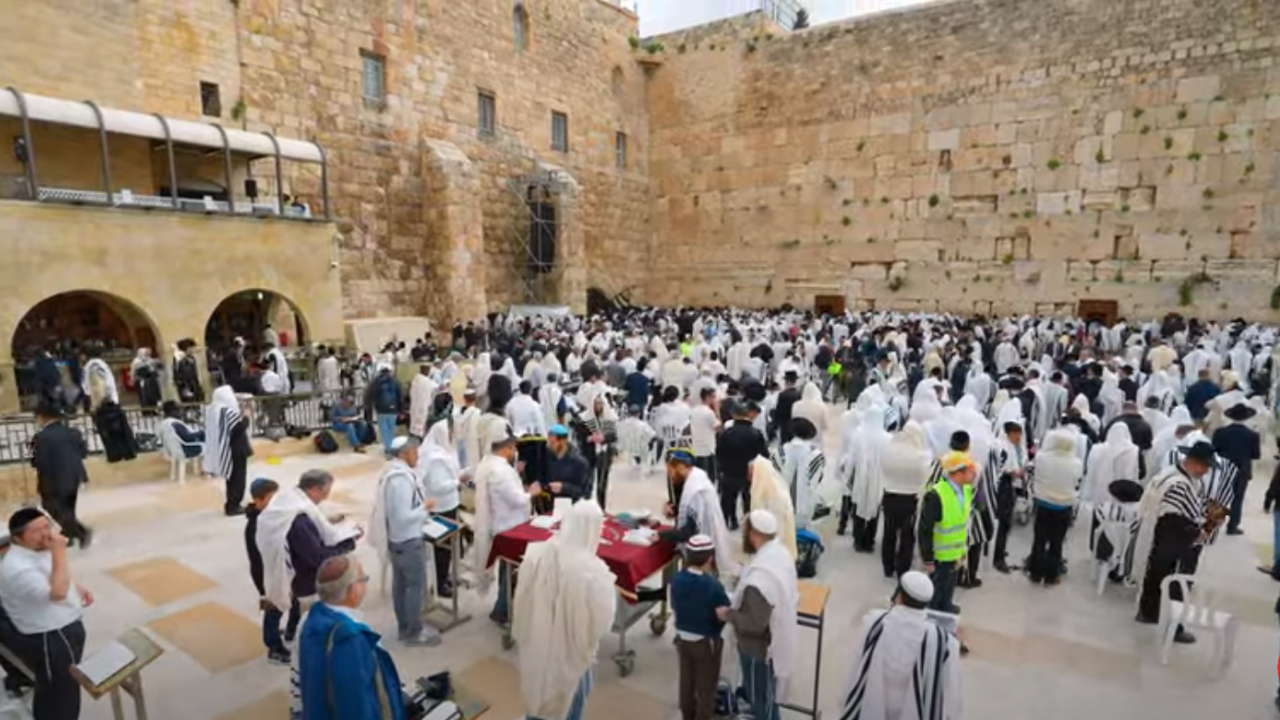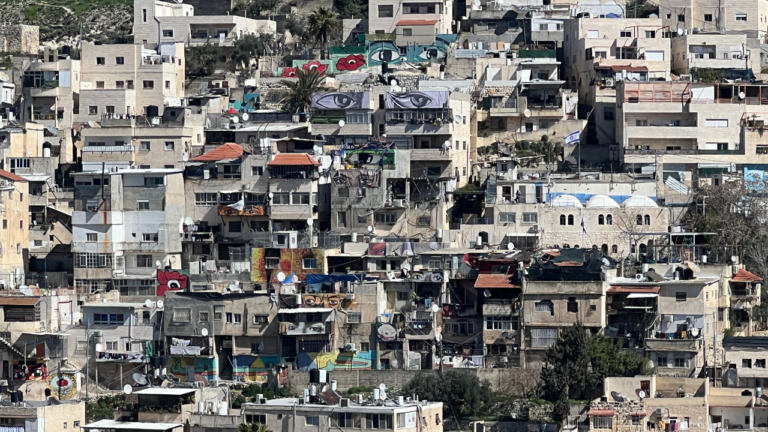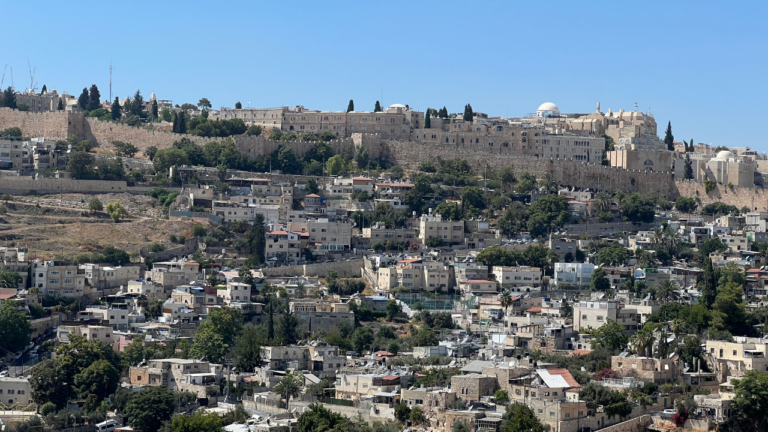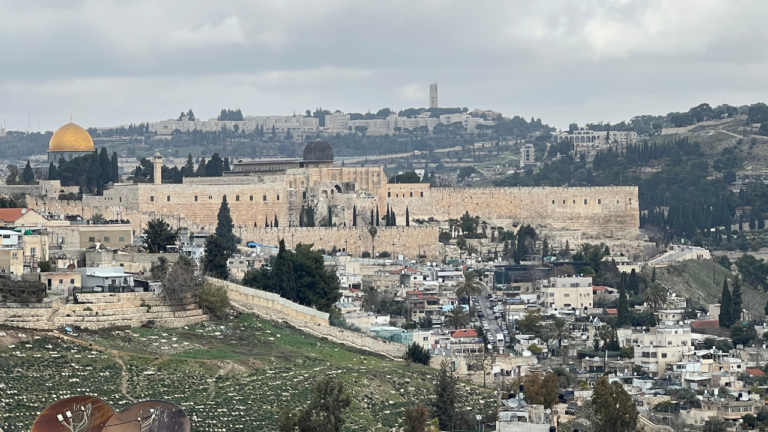Swearing By Jerusalem
Our parsha opens with a discussion of oaths and vows. To be a bonified vow, the person taking the vow must mention God’s name or that of a sanctified item. This leads to several interesting Talmudic discussions regarding which formulations create a halachik vow and which do not.
In this vein, Rabbi Moshe Feinstein was asked to explain the difference between two seemingly similar formulations. If one swears “by ha-me’on ha-zeh” (“this house of God” i.e. the Beit HaMikdash), it is considered a valid vow. However, if one swears “by Yerushalayim”, the vow is not valid. What is the difference between these formulations? Both seem to be sanctified spaces?
Rav Moshe briefly responded that the phrase “ha-me’on ha-zeh” relates to an item that is solely sanctified to God. No human being lives in the Beit HaMikdash – it is God’s and God’s alone. Therefore, swearing by the Beit HaMikdash is a valid vow.
By contrast, the term “Yerushalayim” does not refer solely to the divine sanctity of the city, but “to the city itself, including the mundane matters that exist in Yerushalayim as in every other city.” Since the term “Yerushalayim” includes not only divine matters but also to the hustle and bustle of regular city life, it cannot be used as a valid vow.
This response of Rav Moshe points to the uniqueness of Yerushalayim. There are places in this world that are entirely holy, in the sense that they are set apart from regular human life. The Beit HaMikdash is one such example. A Beit Medrash or a Shul might be another. The power of these places is the feeling that when one passes through their gates he is entering a different realm. They are an oasis of the divine presence, carefully guarded from the trials and travails of regular life.
Yerushalayim, though, is different. On the surface it looks like every other urban center in the world. There are people who are constantly moving around, living their lives, going to work, spending time with family etc. In contrast to the Beit HaMikdash, there is not necessarily an otherworldly feeling in Yerushalayim.
And, yet, it is still God’s city. Yerushalayim represents the ability of a place to be in and of this world and still be a home for God. We need the Beit HaMikdash at the center of the city in order to be a bastion and fortress of holiness. But the goal is for the holiness to spill over to the entire city and to the entirety of people’s lives. Therefore, the fact that the word “Yerushalayim” does not qualify to create a vow is not reflective of a weakness of Yerushalayim but rather, the opposite. The model of bringing sanctity to the ordinary that exists in Yerushalayim is part of the telos of the entire Torah.



